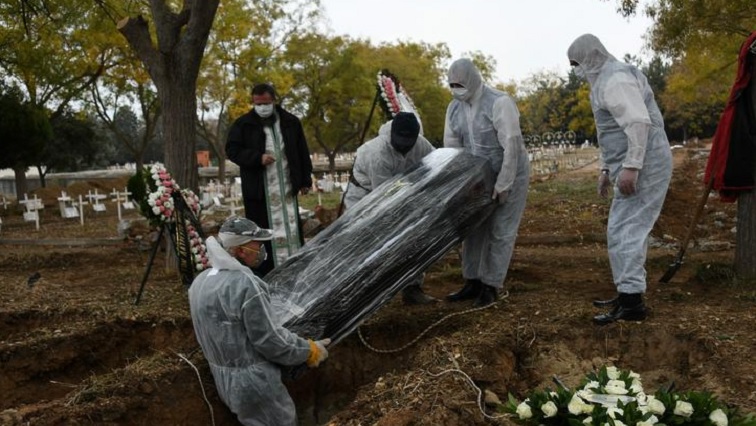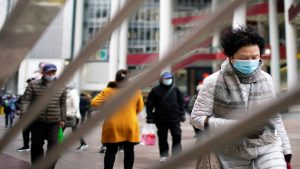COVID-19 is stripping some cultures and religions of their normalised ways of dealing with death and grieving. The current lockdown regulations only allow 50 mourners to attend funerals, while others have to watch virtually. This causes trauma that cannot be processed yet while we are still in the eye of the pandemic storm.
Health experts and religious leaders say the trauma is compounded by people losing many loved ones in a short space of time.
A mother of five, Jenny Arthur, lost four family members within a space of six months all due to COVID-19 complications.
In January this year, her son, Nathan passed away, two days before his 47th birthday. Four months later her husband, Charles followed.
“COVID-19 is a horrible thing and it’s not nice to lose people. It’s different if you lose people over a year, but over a few months, it’s terrible and it’s hard for you to process that, but the support you get from your family is ok and friends who are there for you. The thing is when the funerals are over, friends are gone and the people are gone and you’re left alone,” says Arthur.
Arthur says the trauma of all this loss is unbearable.
“It’s hard to cope and just as soon as you think that you are healing, then somebody else dies and that wound goes open and then you heal again and then somebody else dies and it’s hard. But you need to trust in God because God is there for you. He’s been there for you all the time.“

Loading…
Grieving families have to drop some cultural and augmented religious burial practices. Clergy say many bereaved families battle to cope with the new reality.
Mourners are now forced to post their messages of condolences online. Flowers are dropped off outside the yard of the grieving families.
Funerals and memorial services are viewed virtually, with very few allowed to attend.
“The biggest difficulty they face with is not the passing of their loved one, but closure. They don’t experience closure, because of the different protocols of burials of COVID-19. There is very little done as far as counseling is concerned,” says religious leader, Adam Feldman.
This sentiment is shared by many psychologists, like Keydy O’Callaghan at Caritas in Kimberley.
“The fastness of everything. It must be handled quickly and if you do that there is no process to go through the trauma because trauma is a process and trauma is like a fingerprint. And I think in the long run it will catch up with us because people will do funny things at work in families and stuff like that because of the stuff that is not worked through and that’s lying in their systems.”
As the pandemic continues to ravage humanity, many families are tossed into this new reality.






